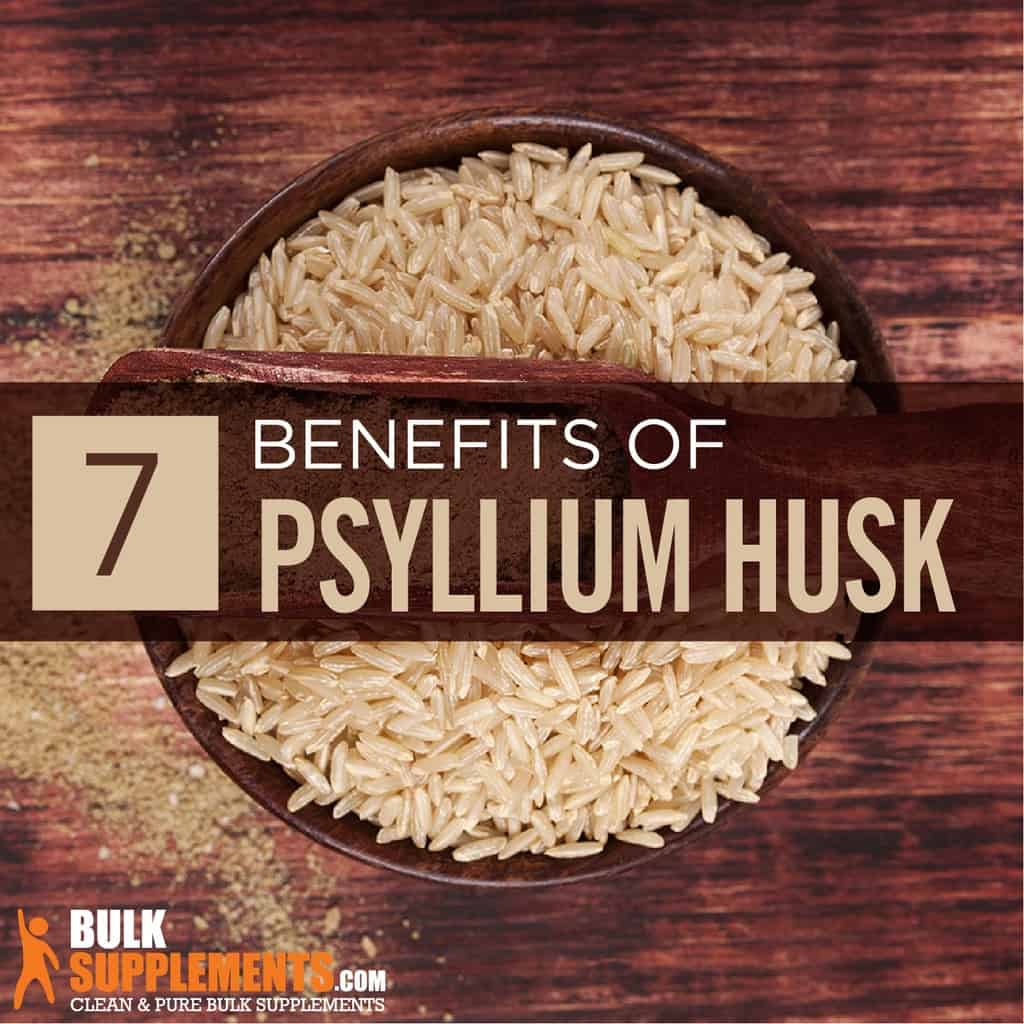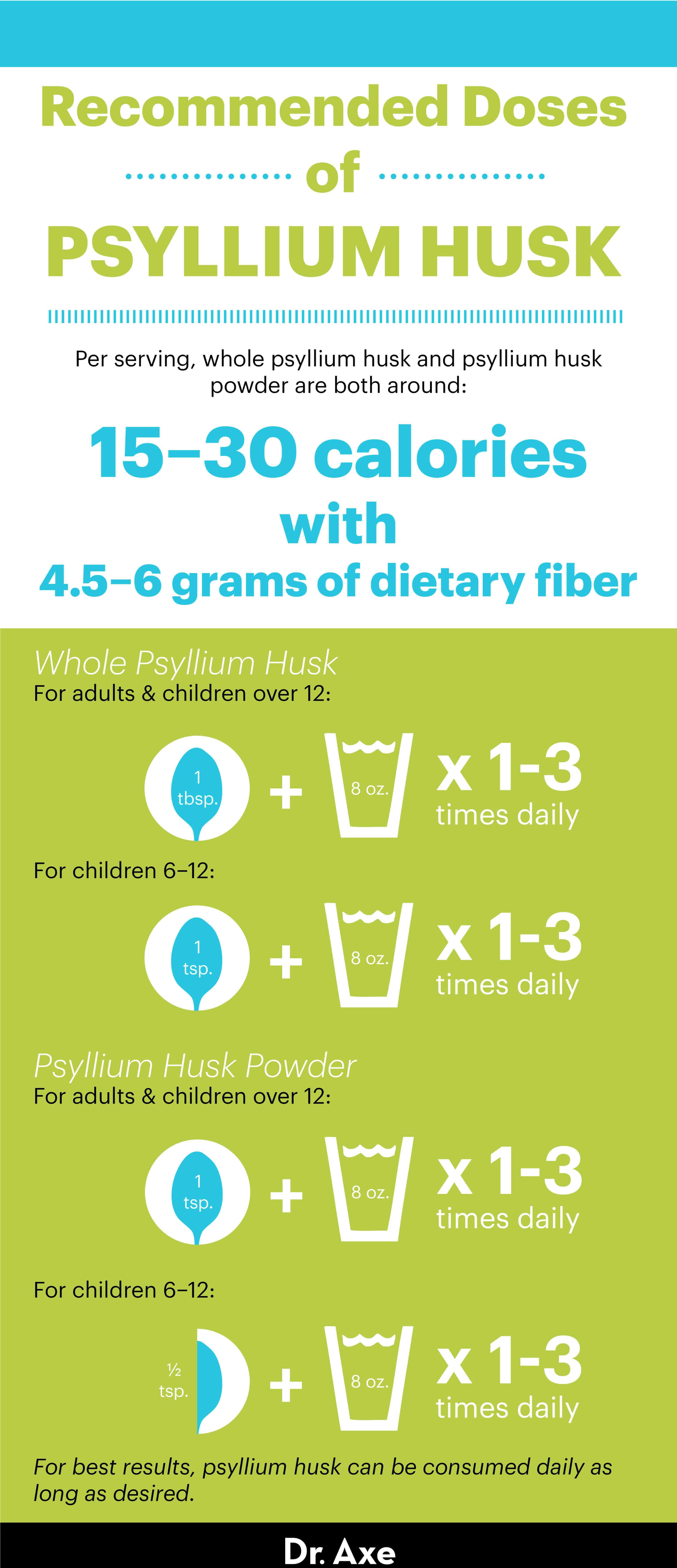Psyllium is a widely used dietary fiber supplement that has gained popularity for its potential health benefits. If you're wondering whether psyllium is safe, you're not alone. Many people are curious about its safety and effectiveness. In this article, we will explore everything you need to know about psyllium, including its benefits, potential side effects, and how to use it safely.
Psyllium husk comes from the seeds of the Plantago ovata plant and is often used as a natural remedy for digestive issues. It is a soluble fiber that helps regulate bowel movements and improve overall gut health. With so many people turning to psyllium supplements, it's important to understand its safety profile and how it can impact your health.
Whether you're looking to improve your digestion, manage cholesterol levels, or simply enhance your daily fiber intake, this article will provide you with all the information you need to make an informed decision about using psyllium. Let's dive in and explore the world of psyllium fiber!
Read also:David Travis And Kathy Garver A Deep Dive Into Their Inspiring Journey
Table of Contents
- What Is Psyllium?
- Health Benefits of Psyllium
- Is Psyllium Safe?
- Potential Side Effects of Psyllium
- Dosage Guidelines for Psyllium
- Psyllium vs. Other Fiber Supplements
- Who Should Avoid Psyllium?
- Interaction with Medications
- Tips for Using Psyllium Safely
- Conclusion
What Is Psyllium?
Psyllium is a type of soluble fiber derived from the seeds of the Plantago ovata plant, native to India. The husks of these seeds are rich in fiber and are commonly used as a dietary supplement. Psyllium absorbs water in the digestive tract, forming a gel-like substance that helps regulate bowel movements.
This natural fiber is often found in over-the-counter laxatives and dietary supplements. It is also used in food products to enhance fiber content and improve texture. Psyllium's ability to absorb water makes it an effective tool for managing both constipation and diarrhea.
How Psyllium Works
When psyllium is consumed, it swells in the stomach and intestines, creating a bulky gel that promotes regularity. This process helps soften stools and facilitates easier bowel movements. Additionally, psyllium can slow down the digestion of carbohydrates, which may help stabilize blood sugar levels.
Health Benefits of Psyllium
Psyllium offers a range of health benefits, making it a popular choice for those looking to improve their digestive health and overall well-being. Here are some of the key advantages of using psyllium:
- Relieves Constipation: Psyllium's ability to form a gel-like substance helps soften stools and promote regular bowel movements.
- Manages Diarrhea: By absorbing excess water in the intestines, psyllium can help firm up stools and reduce diarrhea symptoms.
- Improves Cholesterol Levels: Studies have shown that psyllium can help lower LDL (bad) cholesterol levels, contributing to heart health.
- Supports Weight Management: Psyllium can increase feelings of fullness, which may help with weight loss and appetite control.
- Regulates Blood Sugar: Psyllium slows the absorption of sugars, making it beneficial for individuals with diabetes or insulin resistance.
Is Psyllium Safe?
For most people, psyllium is considered safe when used as directed. It is a natural fiber supplement that has been studied extensively for its safety and efficacy. However, like any supplement, it is important to use psyllium responsibly and consult with a healthcare professional if you have any concerns.
Psyllium has been approved by various health authorities, including the FDA, for its use in dietary supplements and food products. When consumed in appropriate amounts, it is generally well-tolerated and effective for managing digestive issues.
Read also:Kiko Klout The Rising Star In The World Of Entertainment
Safety Considerations
While psyllium is generally safe, there are a few precautions to keep in mind:
- Always drink plenty of water when taking psyllium to prevent dehydration and ensure proper digestion.
- Start with a low dose and gradually increase to allow your body to adjust.
- Avoid taking psyllium if you have difficulty swallowing or a history of esophageal or bowel obstructions.
Potential Side Effects of Psyllium
Although psyllium is safe for most people, some individuals may experience side effects, especially if they consume it in large amounts or without adequate water. Common side effects include:
- Bloating
- Gas
- Cramping
- Nausea
In rare cases, psyllium may cause allergic reactions or exacerbate conditions like irritable bowel syndrome (IBS). If you experience severe side effects or an allergic reaction, discontinue use and seek medical attention immediately.
Dosage Guidelines for Psyllium
Proper dosage is crucial for ensuring the safety and effectiveness of psyllium. The recommended dosage may vary depending on the form of psyllium and the reason for use. Here are some general guidelines:
- Constipation Relief: Start with 1 teaspoon of psyllium husk mixed with 8 ounces of water, taken up to three times per day.
- Cholesterol Management: Take 10-12 grams of psyllium daily, divided into two or three doses.
- Weight Management: Consume psyllium before meals to increase feelings of fullness, but always follow the recommended dosage.
Hydration is Key
Regardless of the dosage, it is essential to drink plenty of water when taking psyllium. Without adequate hydration, psyllium can cause dehydration or even worsen constipation. Always follow the manufacturer's instructions and consult with a healthcare provider if you're unsure about the appropriate dosage.
Psyllium vs. Other Fiber Supplements
While psyllium is one of the most popular fiber supplements, there are other options available, such as methylcellulose and wheat dextrin. Each type of fiber has its own unique properties and benefits:
- Methylcellulose: A synthetic fiber that is non-fermentable and often used for managing constipation.
- Wheat Dextrin: A fermentable fiber that may help improve gut health and reduce bloating.
- Inulin: A prebiotic fiber that supports the growth of beneficial gut bacteria.
Psyllium stands out due to its ability to absorb water and form a gel, making it particularly effective for managing both constipation and diarrhea. However, the best fiber supplement for you depends on your individual needs and preferences.
Who Should Avoid Psyllium?
Although psyllium is generally safe, certain individuals should avoid it or consult a healthcare professional before use:
- People with a history of bowel obstructions or difficulty swallowing.
- Individuals with known allergies to psyllium or related plants.
- Those taking certain medications that may interact with psyllium (discussed in the next section).
If you fall into any of these categories, it's best to speak with your doctor before incorporating psyllium into your routine.
Interaction with Medications
Psyllium can interact with certain medications, particularly those that require absorption in the stomach or intestines. To minimize potential interactions, it is recommended to take psyllium at least one hour before or two hours after other medications. Some medications that may interact with psyllium include:
- Diabetes medications
- Antidepressants
- Anticonvulsants
- Cholesterol-lowering drugs
Always consult with your healthcare provider if you're taking any medications and considering psyllium supplementation.
Tips for Using Psyllium Safely
To ensure the safe and effective use of psyllium, follow these tips:
- Start with a low dose and gradually increase as needed.
- Drink plenty of water to prevent dehydration and promote proper digestion.
- Monitor your body's response and adjust the dosage accordingly.
- Be aware of potential interactions with medications and consult your doctor if necessary.
- Discontinue use if you experience severe side effects or allergic reactions.
By following these guidelines, you can maximize the benefits of psyllium while minimizing the risk of adverse effects.
Conclusion
Psyllium is a safe and effective fiber supplement for most people when used as directed. It offers numerous health benefits, including improved digestion, cholesterol management, and blood sugar regulation. However, it's important to use psyllium responsibly and consult with a healthcare professional if you have any concerns or underlying health conditions.
We encourage you to share your thoughts and experiences with psyllium in the comments below. If you found this article helpful, consider sharing it with others who may benefit from learning about the safety and benefits of psyllium. For more information on health and wellness, explore our other articles on the site.
References:
- Mayo Clinic. (2021). Psyllium (Oral Route). https://www.mayoclinic.org/drugs-supplements/psyllium-oral-route/side-effects/drg-20069045
- National Institutes of Health. (2020). Fiber. https://ods.od.nih.gov/factsheets/Fiber-HealthProfessional/
- WebMD. (2022). Psyllium. https://www.webmd.com/vitamins/ai/ingredientmono-981/psyllium


